Home>Furniture & Design>Bathroom Accessories>What Can You Use As Glass Cleaner
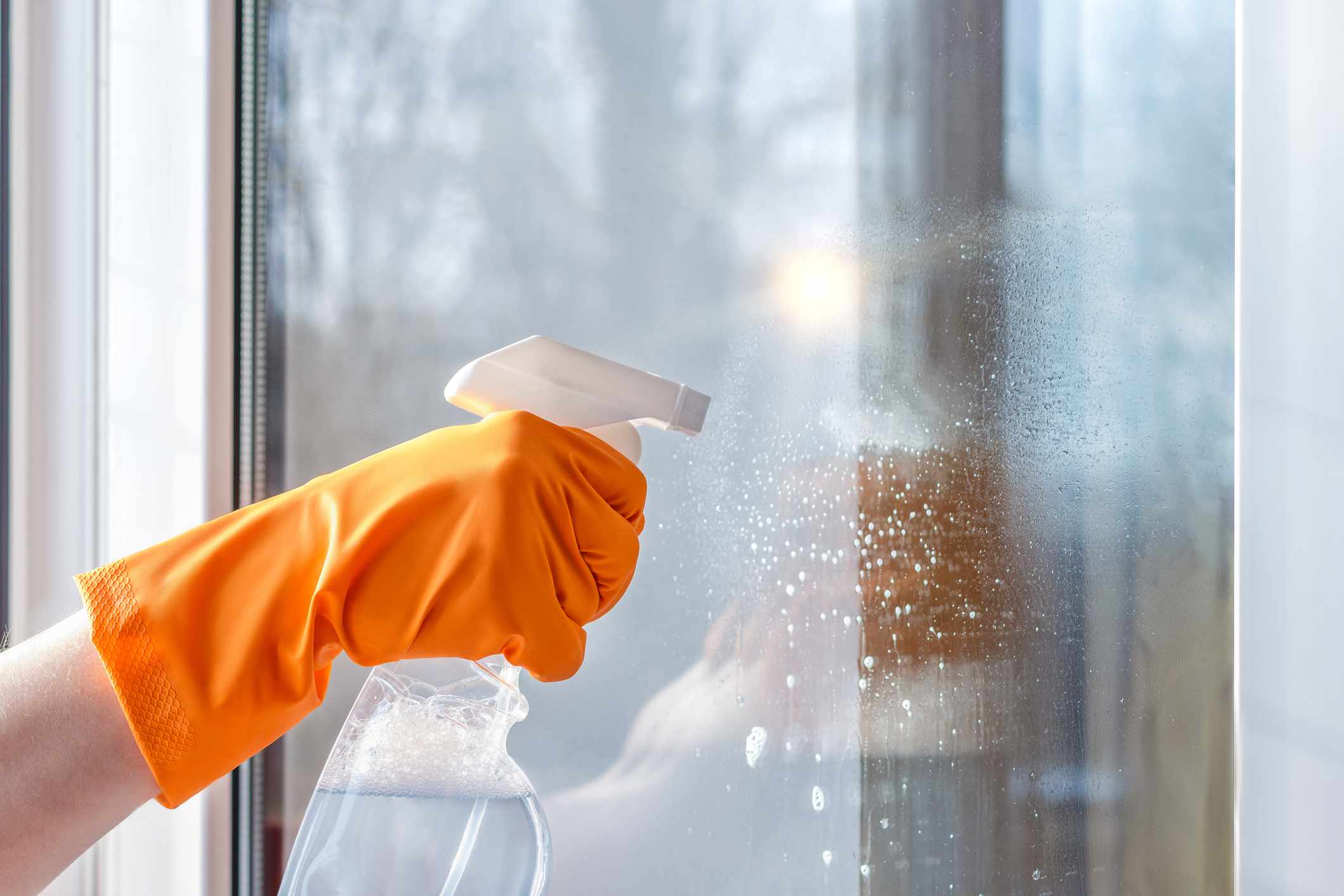

Bathroom Accessories
What Can You Use As Glass Cleaner
Modified: March 25, 2024
Discover the best glass cleaner for your bathroom accessories. Keep your bathroom sparkling with our top recommendations for streak-free shine.
(Many of the links in this article redirect to a specific reviewed product. Your purchase of these products through affiliate links helps to generate commission for Storables.com, at no extra cost. Learn more)
Vinegar
Vinegar is a versatile and eco-friendly cleaning solution that can be used to effectively clean glass surfaces throughout your home. Its acidic nature makes it a powerful agent for cutting through grime and leaving glass sparkling clean. Here's how you can use vinegar as a glass cleaner:
-
Vinegar and Water Solution: One of the simplest ways to use vinegar as a glass cleaner is by creating a solution of equal parts vinegar and water. This mixture is gentle yet effective, making it suitable for cleaning windows, mirrors, and glass tabletops. Simply spray the solution onto the glass surface and wipe it clean with a microfiber cloth for streak-free results.
-
Vinegar and Dish Soap: For tougher stains and buildup, you can enhance the cleaning power of vinegar by adding a small amount of dish soap to the solution. The dish soap helps to break down grease and grime, allowing the vinegar to work more effectively in lifting and removing stubborn residue from glass surfaces.
-
Vinegar and Newspaper: An age-old trick for achieving a streak-free shine on glass is to use vinegar in combination with crumpled newspaper. After applying the vinegar and water solution to the glass, use the newspaper to wipe and polish the surface. The texture of the newspaper helps to absorb excess moisture and buff the glass to a brilliant shine without leaving streaks behind.
-
Vinegar for Hard Water Stains: Hard water stains can be particularly challenging to remove from glass surfaces. Vinegar, however, is a natural solution for tackling these stubborn marks. By applying undiluted vinegar directly to the affected areas and allowing it to sit for a few minutes before wiping clean, you can effectively dissolve and eliminate hard water stains from glass shower doors, windows, and other surfaces.
-
Vinegar for Glassware: When it comes to cleaning glassware such as vases, decanters, and drinking glasses, vinegar can be a valuable ally. By creating a solution of one part vinegar to three parts water and allowing the glassware to soak in it for a few hours, you can loosen and remove residue and water spots. Follow this by gently scrubbing the glassware with a bottle brush or sponge before rinsing thoroughly.
In addition to being an effective glass cleaner, vinegar is a cost-effective and environmentally friendly alternative to commercial cleaning products. Its natural acidic properties make it a powerful ally in the battle against dirt, grime, and hard water stains, while also being safe for use around children and pets. Whether you're looking to achieve crystal-clear windows, spotless mirrors, or gleaming glassware, vinegar is a go-to solution for maintaining a sparkling home.
Key Takeaways:
- Say goodbye to streaky glass surfaces! Vinegar, rubbing alcohol, lemon juice, baking soda, and even cornstarch are all-natural, effective, and eco-friendly solutions for achieving sparkling and spotless glass throughout your home.
- Harness the power of everyday ingredients to achieve crystal-clear glass! From vinegar and water solutions to ammonia’s degreasing prowess, these household heroes offer cost-effective and versatile solutions for maintaining gleaming glass surfaces.
Read more: What Happens If You Drink Glass Cleaner
Rubbing Alcohol
Rubbing alcohol, also known as isopropyl alcohol, is a multi-purpose cleaning agent that can be effectively utilized to clean glass surfaces in your home. Its fast-drying nature and ability to dissolve oils and grime make it an excellent choice for achieving streak-free and sparkling glass. Here's how you can use rubbing alcohol as a glass cleaner:
-
Rubbing Alcohol and Water Solution: Creating a simple solution of rubbing alcohol and water can be an efficient way to clean glass surfaces. Mix equal parts of rubbing alcohol and water in a spray bottle, and then apply the solution to the glass. Use a microfiber cloth to wipe the glass, ensuring that it is free from streaks and smudges. The fast evaporation of rubbing alcohol helps to minimize drying time, leaving the glass surfaces gleaming.
-
Rubbing Alcohol for Removing Residue: Stubborn residue and adhesive marks on glass can be challenging to remove. Rubbing alcohol comes to the rescue in such situations. Apply a small amount of rubbing alcohol directly to the affected area and let it sit for a few minutes. The alcohol works to dissolve the residue, making it easier to wipe away with a clean cloth or sponge. This method is particularly useful for removing sticker residue from glass surfaces.
-
Rubbing Alcohol for Sanitizing Glass: In addition to its cleaning properties, rubbing alcohol is an effective sanitizer. When used on glass surfaces, it can help eliminate germs and bacteria, making it a valuable tool for maintaining a hygienic environment. Simply spray a small amount of rubbing alcohol onto the glass and wipe it clean with a cloth. This not only removes dirt and grime but also helps to sanitize the surface.
-
Rubbing Alcohol for Spot Cleaning: For targeted cleaning of small areas on glass, such as fingerprints or smudges, rubbing alcohol can be applied with precision. Dab a small amount of rubbing alcohol onto a cotton ball or pad and gently rub the affected area. This method allows for quick and effective spot cleaning without the need to clean the entire surface.
-
Rubbing Alcohol for Glass Fixtures: Glass fixtures, such as light fixtures and decorative glass pieces, can accumulate dust and grime over time. Rubbing alcohol can be used to clean and revitalize these fixtures. Simply dampen a cloth with rubbing alcohol and use it to wipe down the glass surfaces, restoring their shine and clarity.
Incorporating rubbing alcohol into your glass cleaning routine can yield impressive results, leaving your windows, mirrors, and glass tabletops looking immaculate. Its versatility, combined with its ability to dry quickly and dissolve tough stains, makes it a valuable addition to your cleaning arsenal. Whether you're tackling everyday smudges or stubborn residue, rubbing alcohol offers a convenient and effective solution for achieving spotless and streak-free glass surfaces.
Lemon Juice
Lemon juice, with its natural acidity and refreshing citrus scent, is a remarkable ingredient that can be harnessed as a potent glass cleaner. Its acidic properties enable it to effectively cut through grease, grime, and hard water stains, leaving glass surfaces gleaming and free from streaks. Here's how you can utilize lemon juice as a natural and aromatic glass cleaner:
-
Lemon Juice and Water Solution: Creating a solution of lemon juice and water provides a simple yet powerful glass-cleaning concoction. Mix equal parts of lemon juice and water in a spray bottle, and then apply the solution to the glass surface. The natural acidity of the lemon juice helps to dissolve dirt and grime, while the pleasant citrus aroma leaves behind a fresh and invigorating scent.
-
Lemon Juice and Vinegar: For an extra-strength glass cleaner, combining lemon juice with vinegar can enhance its cleaning power. The acidic combination of lemon juice and vinegar effectively tackles tough stains and mineral deposits on glass surfaces. This mixture is particularly effective for removing hard water stains from shower doors and windows, restoring clarity and shine.
-
Lemon Juice for Polishing: In addition to its cleaning properties, lemon juice can be used to polish and revitalize glass surfaces. After cleaning the glass with a lemon juice solution, use a soft, lint-free cloth to buff the surface. The natural acidity of the lemon juice helps to dissolve any remaining residue and leaves the glass with a brilliant, streak-free finish.
-
Lemon Juice for Glassware: When it comes to cleaning glassware, such as drinking glasses and decorative glass pieces, lemon juice can be a valuable ally. Create a mixture of lemon juice and water, and use it to soak glassware for a few hours. The natural acidity of the lemon juice helps to loosen and remove stains and water spots, restoring the glassware to its pristine condition.
-
Lemon Juice for Aromatherapy: Beyond its cleaning prowess, the fresh and uplifting scent of lemon juice can infuse your cleaning routine with a touch of aromatherapy. The invigorating fragrance of lemon can help create a pleasant and revitalizing atmosphere as you clean, adding a sensory dimension to the glass-cleaning process.
Incorporating lemon juice into your cleaning regimen not only provides a natural and effective solution for achieving sparkling glass surfaces but also introduces a delightful citrus aroma into your living spaces. Its versatility and refreshing properties make it a valuable addition to your arsenal of cleaning supplies, offering a natural and aromatic approach to maintaining crystal-clear windows, mirrors, and glassware.
You can use a mixture of equal parts water and vinegar as a natural and effective glass cleaner. Simply spray the solution onto the glass surface and wipe it clean with a microfiber cloth for streak-free results.
Baking Soda
Baking soda, also known as sodium bicarbonate, is a household staple renowned for its myriad of cleaning applications, including its remarkable effectiveness as a glass cleaner. Its gentle abrasive nature and natural deodorizing properties make it an ideal choice for tackling grime, stains, and odors on glass surfaces. Here's how you can harness the cleaning power of baking soda to achieve spotless and gleaming glass throughout your home.
-
Baking Soda Paste: Creating a paste of baking soda and water forms a gentle yet effective cleaning agent for glass. By mixing baking soda with a small amount of water to achieve a paste-like consistency, you can apply it to glass surfaces such as shower doors and mirrors. The mild abrasive action of the baking soda helps to lift and remove stubborn grime and soap scum, leaving the glass sparkling clean.
-
Baking Soda and Vinegar: The dynamic combination of baking soda and vinegar creates a powerful foaming action that can be harnessed to clean glass surfaces. When applied to glass, the reaction between the two ingredients helps to dislodge dirt and grime, making it easier to wipe away. This method is particularly effective for removing water spots and mineral deposits from glass, restoring its clarity and shine.
-
Baking Soda for Odor Removal: In addition to its cleaning properties, baking soda is renowned for its natural ability to absorb and neutralize odors. When used to clean glass surfaces, it can help eliminate lingering odors, such as those found in refrigerator shelves and glass containers. Simply sprinkle a small amount of baking soda onto the glass, allow it to sit for a few minutes, and then wipe it clean to banish unwanted odors.
-
Baking Soda for Glass Cookware: Glass cookware, such as baking dishes and casserole pans, can benefit from the cleaning prowess of baking soda. By creating a paste of baking soda and water and applying it to the glass cookware, you can effectively remove baked-on food residues and grease. The gentle abrasive action of the baking soda helps to lift stains without scratching the glass, restoring the cookware to its pristine condition.
-
Baking Soda for Window Tracks: Window tracks can accumulate dirt and grime over time, making them challenging to clean. Baking soda can be used to tackle this issue by sprinkling it into the tracks and then adding a small amount of vinegar. The resulting foaming action helps to loosen and lift dirt and debris, making it easier to wipe the tracks clean with a cloth or sponge.
Incorporating baking soda into your glass cleaning routine offers a natural, non-toxic, and cost-effective approach to achieving sparkling and odor-free glass surfaces. Its versatility and gentle yet effective cleaning properties make it a valuable ally in maintaining crystal-clear windows, mirrors, and glassware throughout your home.
Ammonia
Ammonia is a potent and versatile cleaning agent that can be harnessed to achieve sparkling and streak-free glass surfaces in your home. Its powerful degreasing and cleaning properties make it an effective solution for cutting through tough grime, grease, and stubborn residue on glass windows, mirrors, and other glass surfaces. Here's how you can utilize ammonia as a formidable glass cleaner:
-
Ammonia and Water Solution: Creating a solution of clear ammonia and water provides a potent yet economical glass-cleaning concoction. Mix a small amount of clear ammonia with water in a spray bottle, and then apply the solution to the glass surface. The ammonia works to dissolve and lift dirt and grime, while the water helps to facilitate the cleaning process. This simple yet effective solution can be used to achieve streak-free and crystal-clear glass surfaces throughout your home.
-
Ammonia for Tackling Grease: Glass surfaces in the kitchen, such as oven windows and range hoods, can accumulate stubborn grease and residue. Ammonia is particularly effective in cutting through grease, making it an invaluable tool for cleaning these surfaces. Apply a small amount of ammonia to a sponge or cloth and use it to wipe down the glass, ensuring that the grease and grime are effectively removed. This method helps to restore the clarity and shine of glass surfaces in the kitchen, leaving them looking immaculate.
-
Ammonia for Outdoor Glass: Outdoor glass surfaces, including windows and patio doors, are exposed to environmental elements that can lead to the buildup of dirt and grime. Ammonia can be used to effectively clean and revitalize these surfaces, restoring their transparency and luster. By applying an ammonia and water solution to outdoor glass and using a squeegee or microfiber cloth to wipe it clean, you can achieve streak-free and gleaming windows that enhance the overall appearance of your home's exterior.
-
Ammonia for Removing Water Stains: Hard water stains on glass surfaces can be particularly challenging to remove. Ammonia, however, is adept at tackling these stubborn marks, making it an ideal solution for cleaning glass shower doors and bathroom mirrors. By applying a small amount of ammonia directly to the affected areas and allowing it to sit for a few minutes before wiping clean, you can effectively dissolve and eliminate hard water stains, restoring the clarity and brilliance of the glass.
Incorporating ammonia into your glass cleaning routine offers a powerful and efficient solution for achieving spotless and gleaming glass surfaces. Its ability to cut through grease, dissolve grime, and tackle hard water stains makes it a valuable ally in maintaining crystal-clear windows, mirrors, and glass fixtures throughout your home. When used responsibly and in well-ventilated areas, ammonia stands as a formidable cleaning agent that delivers exceptional results, leaving your glass surfaces sparkling and free from streaks.
Read more: What Can You Use A Juicer For
Cornstarch
Cornstarch, a common kitchen ingredient, possesses remarkable properties that extend beyond its culinary uses. When it comes to cleaning glass surfaces, cornstarch emerges as a surprising yet effective ally. Its fine texture and absorbent nature make it an excellent choice for achieving streak-free and polished glass, leaving surfaces immaculately clean. Here's how you can harness the cleaning power of cornstarch to achieve sparkling glass throughout your home.
-
Cornstarch and Water Paste: Creating a paste of cornstarch and water forms a gentle yet potent cleaning agent for glass. By mixing cornstarch with a small amount of water to achieve a paste-like consistency, you can apply it to glass surfaces such as windows and mirrors. The fine particles of cornstarch work to lift and absorb dirt, grime, and residual moisture, leaving the glass with a brilliant shine.
-
Cornstarch for Removing Residue: Stubborn residue and streaks on glass surfaces can be challenging to eliminate. Cornstarch, however, excels in addressing this issue. By applying a small amount of cornstarch directly to the glass and gently rubbing it in circular motions with a soft cloth, you can effectively lift and remove residue, leaving the glass surface smooth and pristine.
-
Cornstarch for Polishing: In addition to its cleaning properties, cornstarch can be used to polish and buff glass surfaces to a dazzling finish. After cleaning the glass with a solution or on its own, sprinkle a small amount of cornstarch onto the surface and use a dry, lint-free cloth to buff the glass. This method helps to absorb any remaining moisture and residue, leaving the glass with a flawless, streak-free shine.
-
Cornstarch for Delicate Glassware: Delicate glassware, such as decorative items and antique glass pieces, requires gentle yet effective cleaning methods. Cornstarch can be utilized to clean and polish these items without causing damage. By applying a small amount of cornstarch to a soft brush or cloth and gently buffing the glassware, you can achieve a pristine and lustrous appearance without the risk of scratching or etching.
Incorporating cornstarch into your glass cleaning routine offers a natural, non-abrasive, and cost-effective approach to achieving spotless and gleaming glass surfaces. Its gentle yet effective cleaning properties make it a valuable addition to your arsenal of cleaning supplies, providing a simple and eco-friendly solution for maintaining crystal-clear windows, mirrors, and glassware throughout your home.
Frequently Asked Questions about What Can You Use As Glass Cleaner
Was this page helpful?
At Storables.com, we guarantee accurate and reliable information. Our content, validated by Expert Board Contributors, is crafted following stringent Editorial Policies. We're committed to providing you with well-researched, expert-backed insights for all your informational needs.
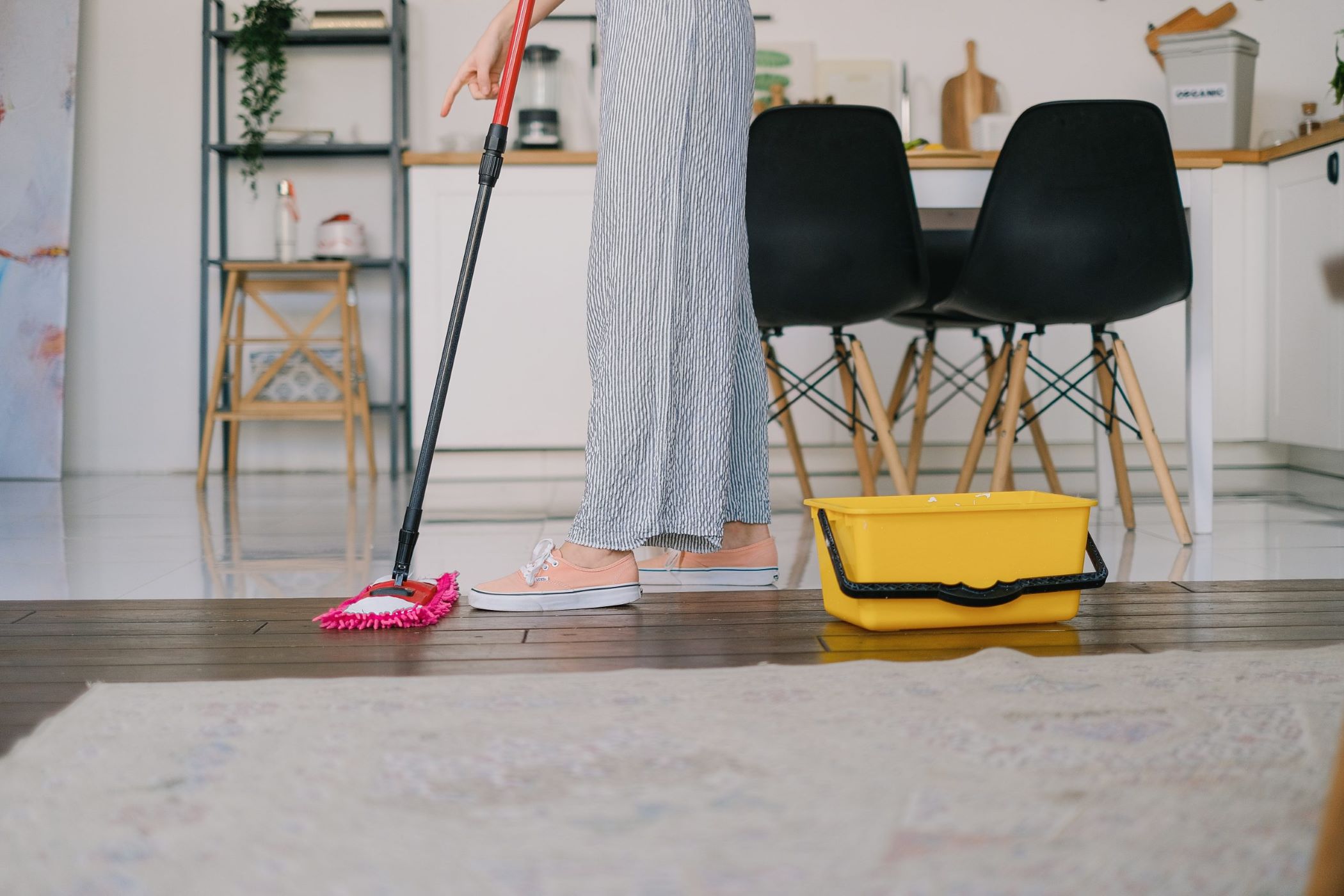
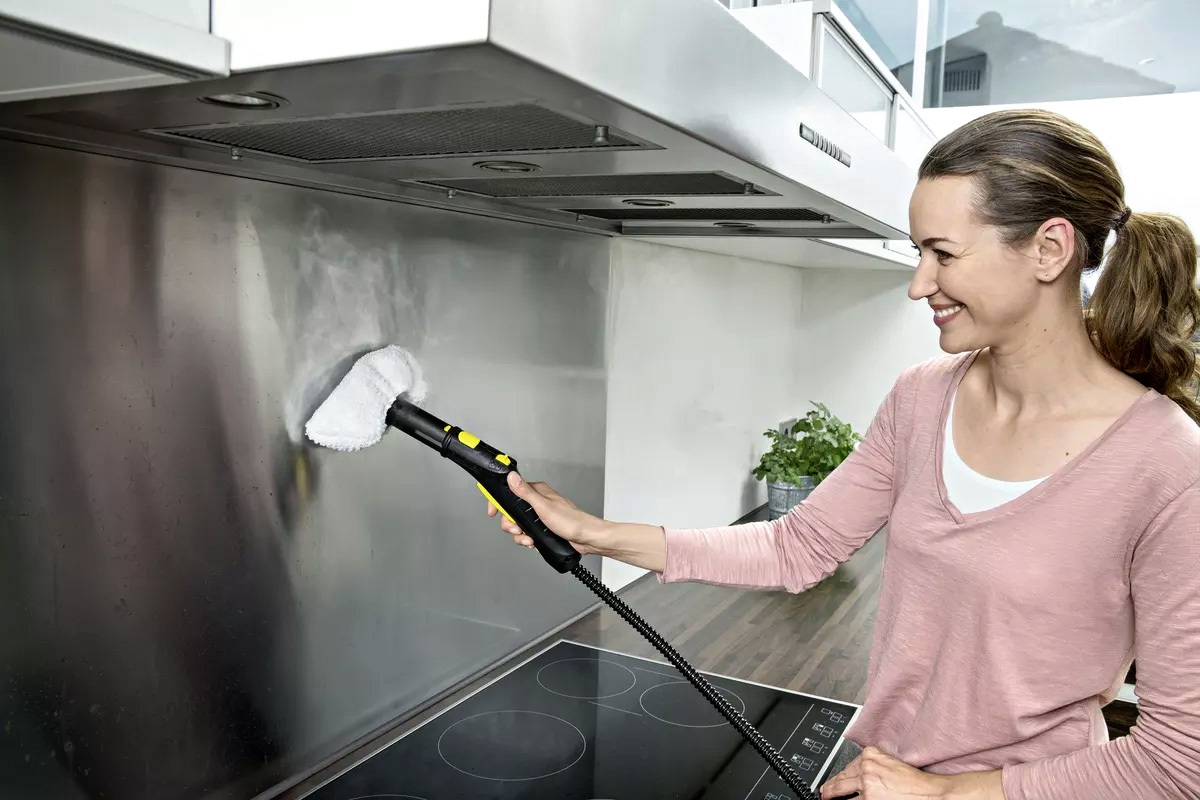
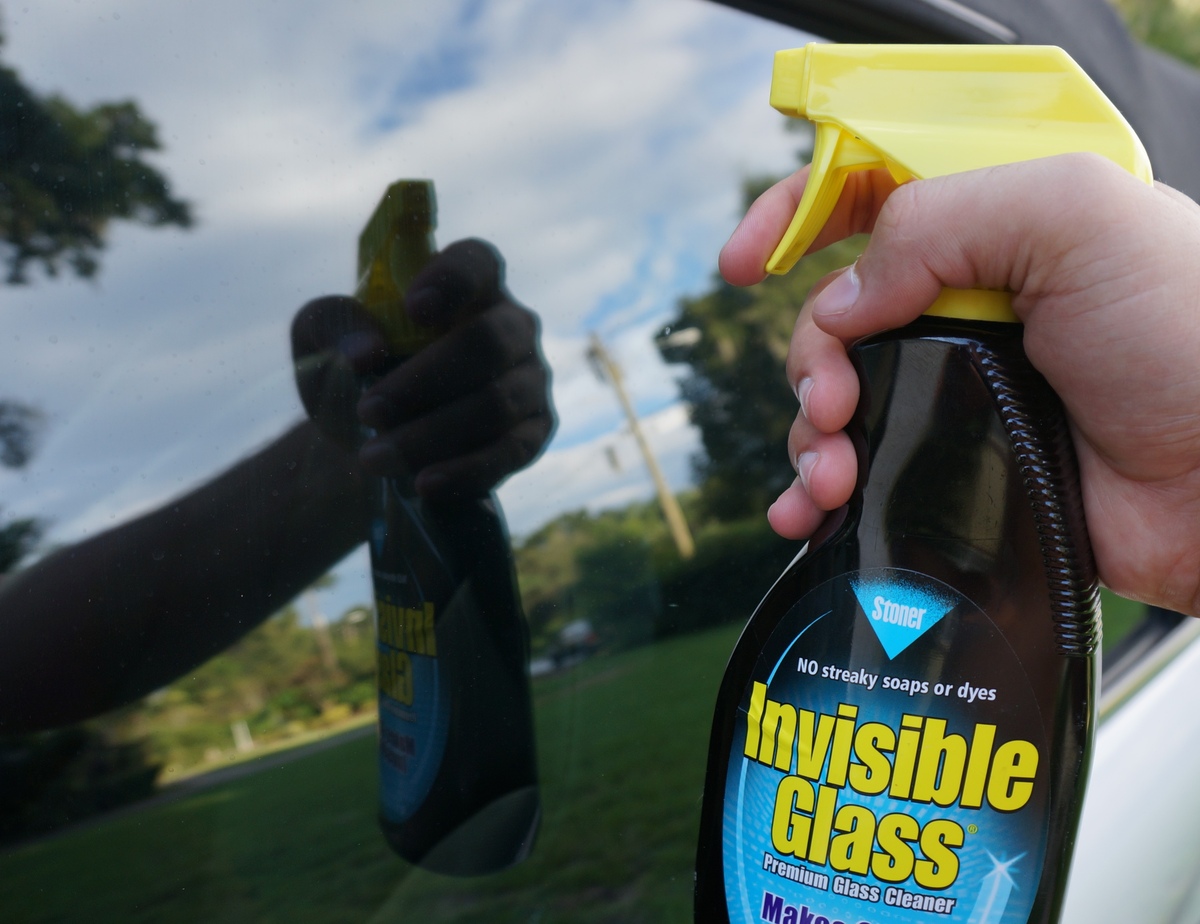
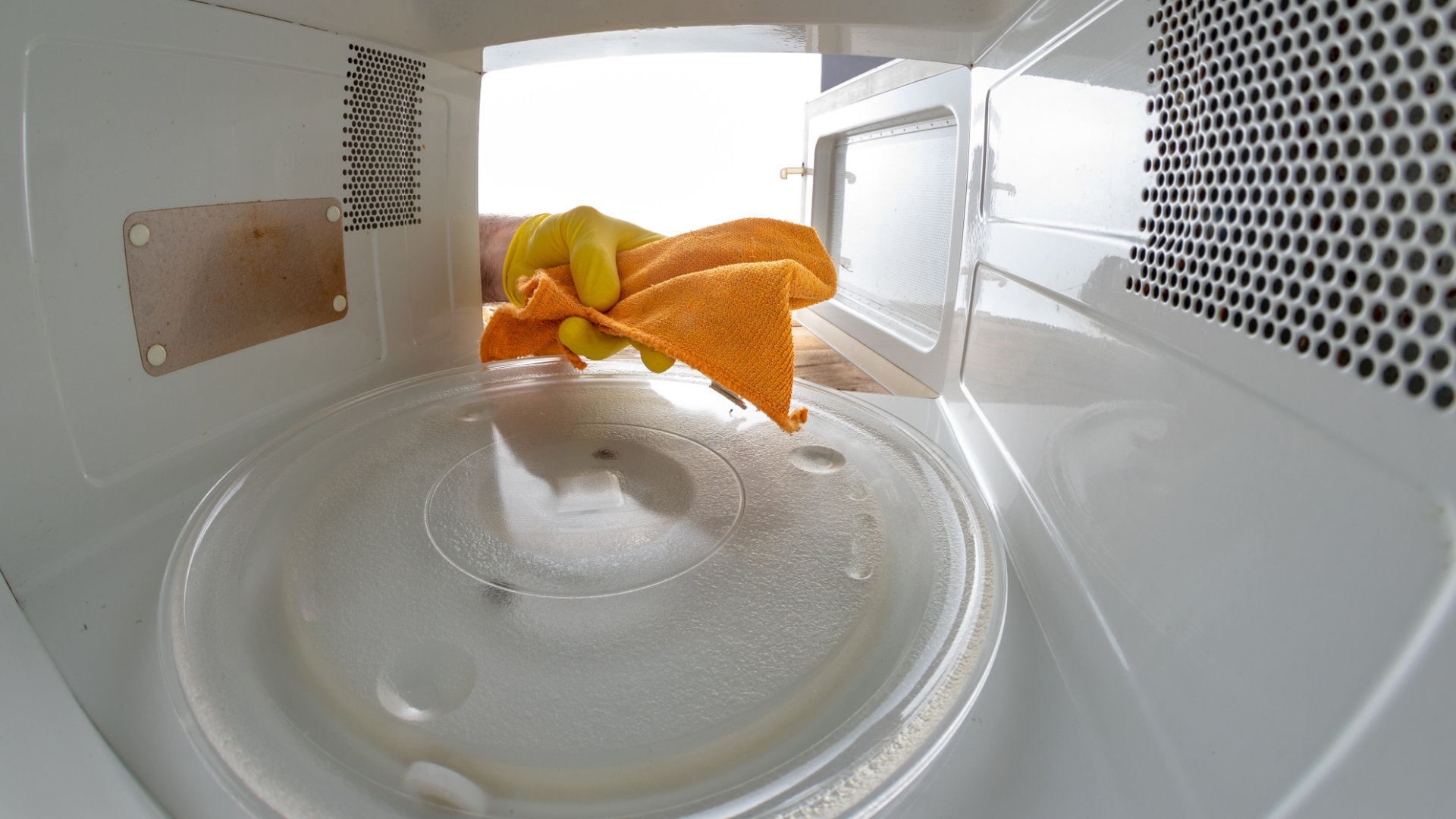
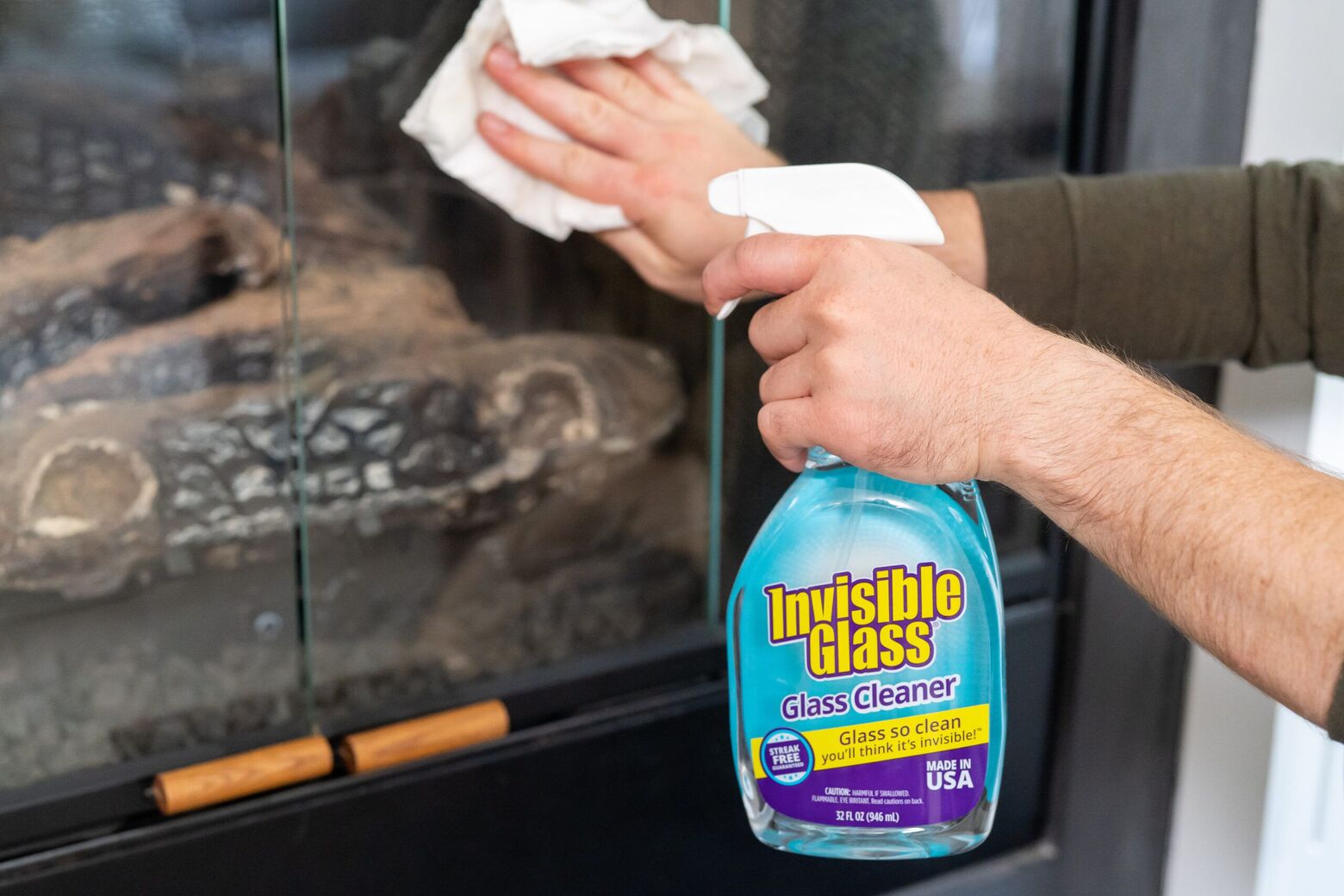
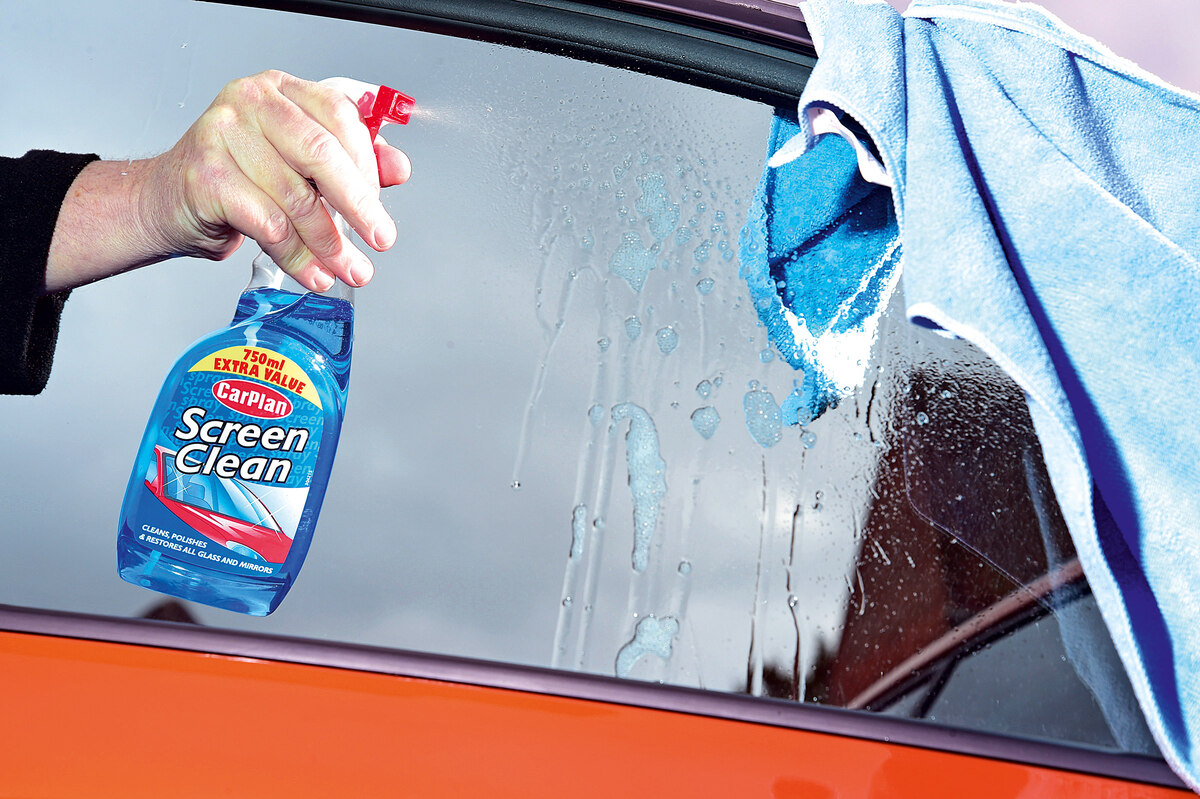
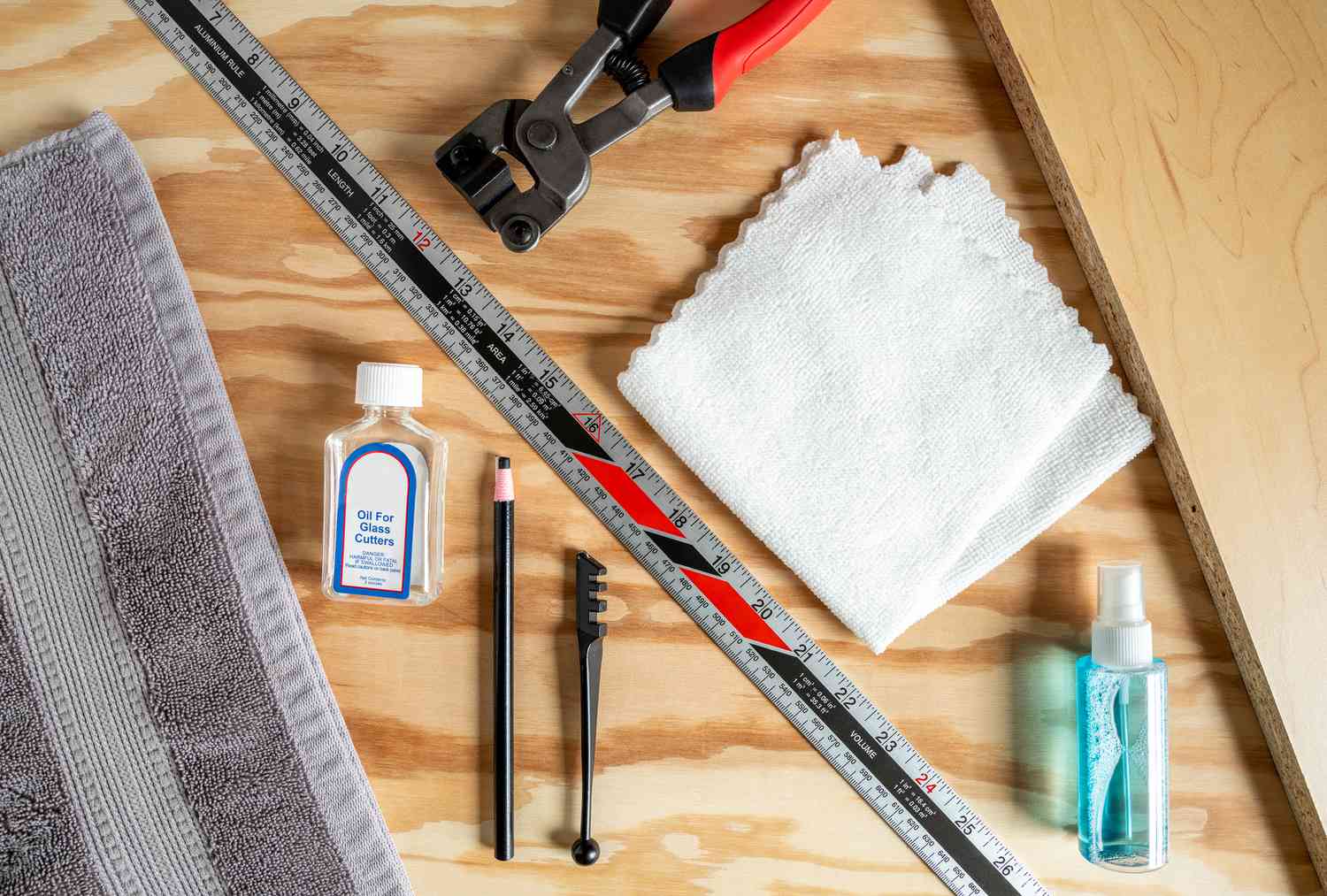
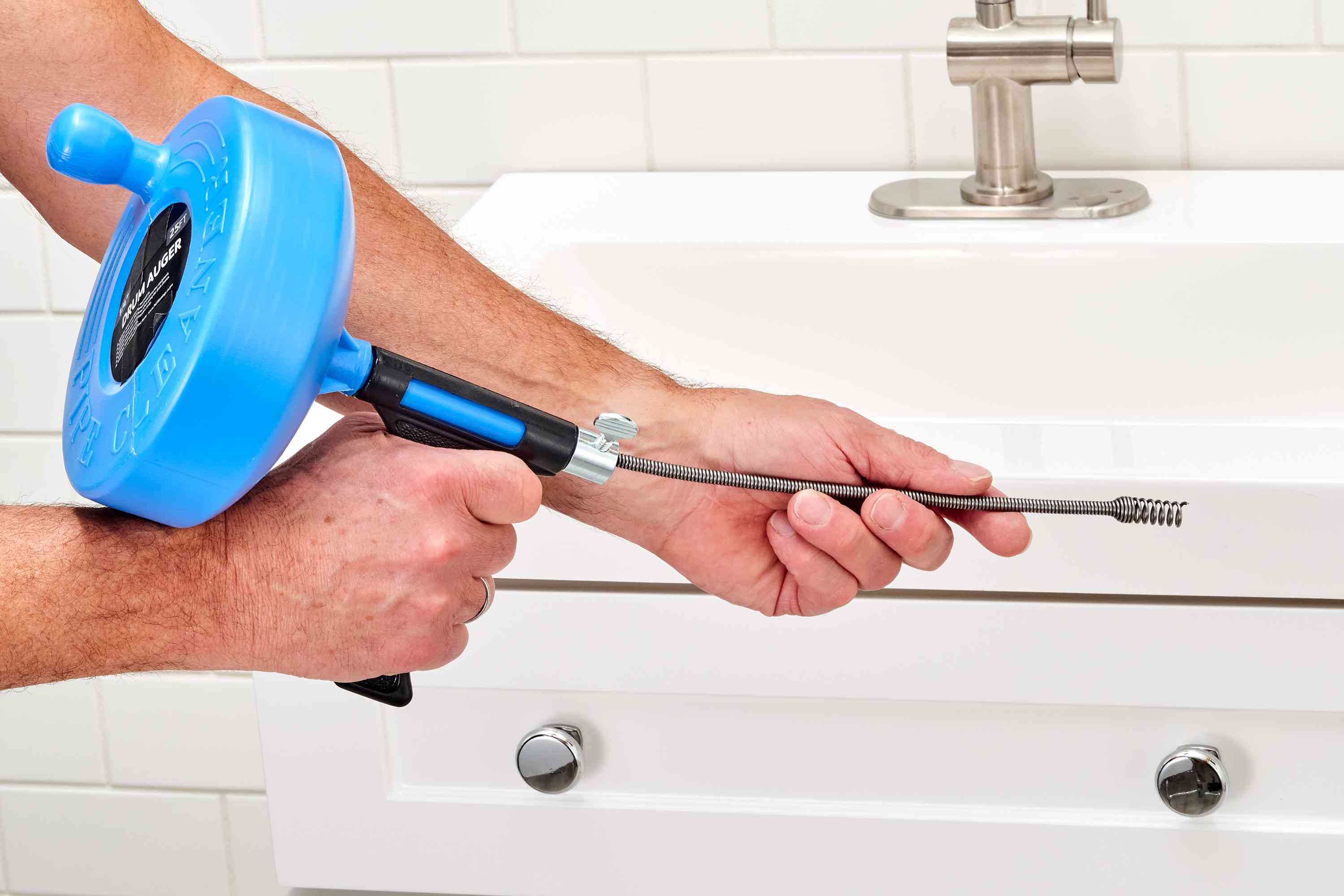
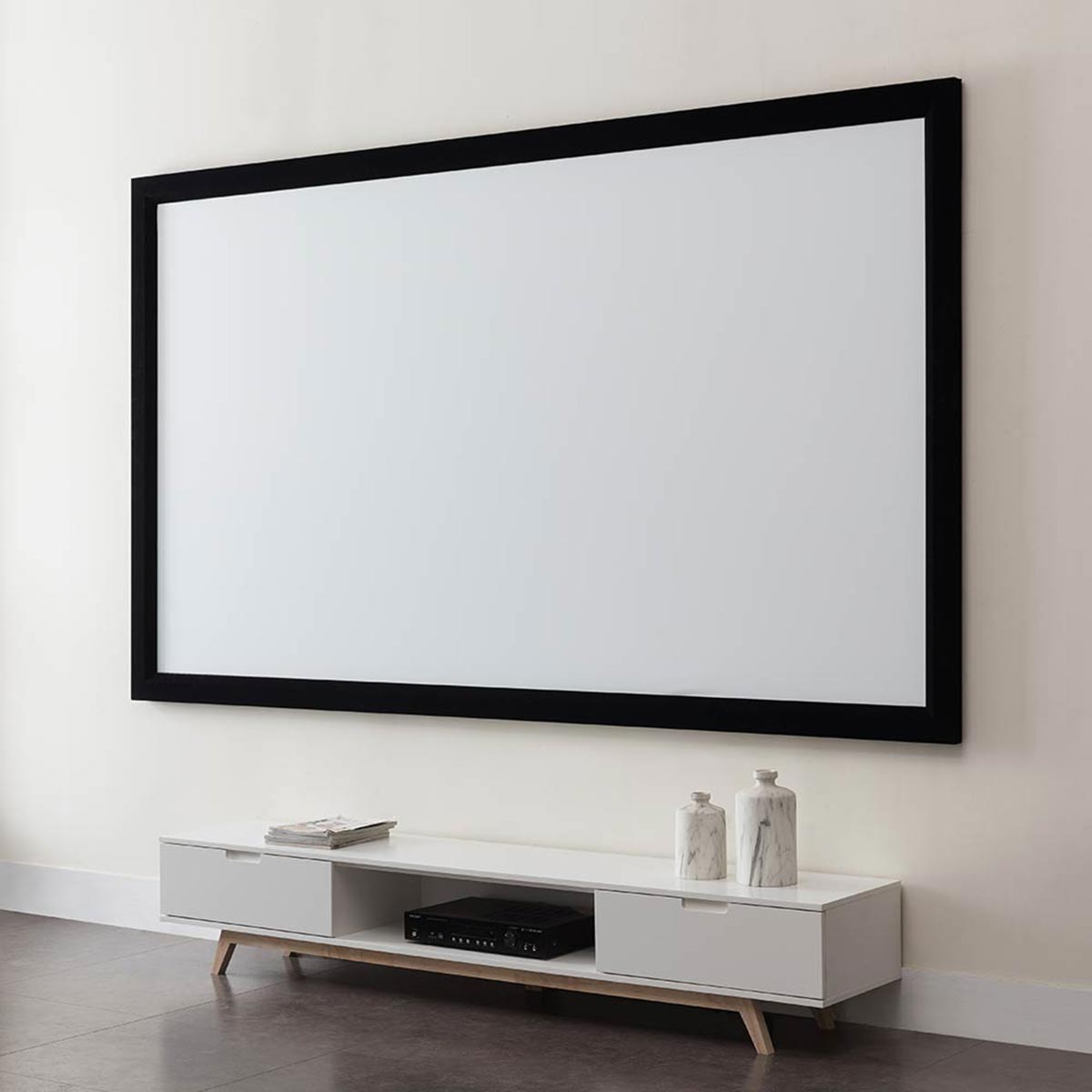
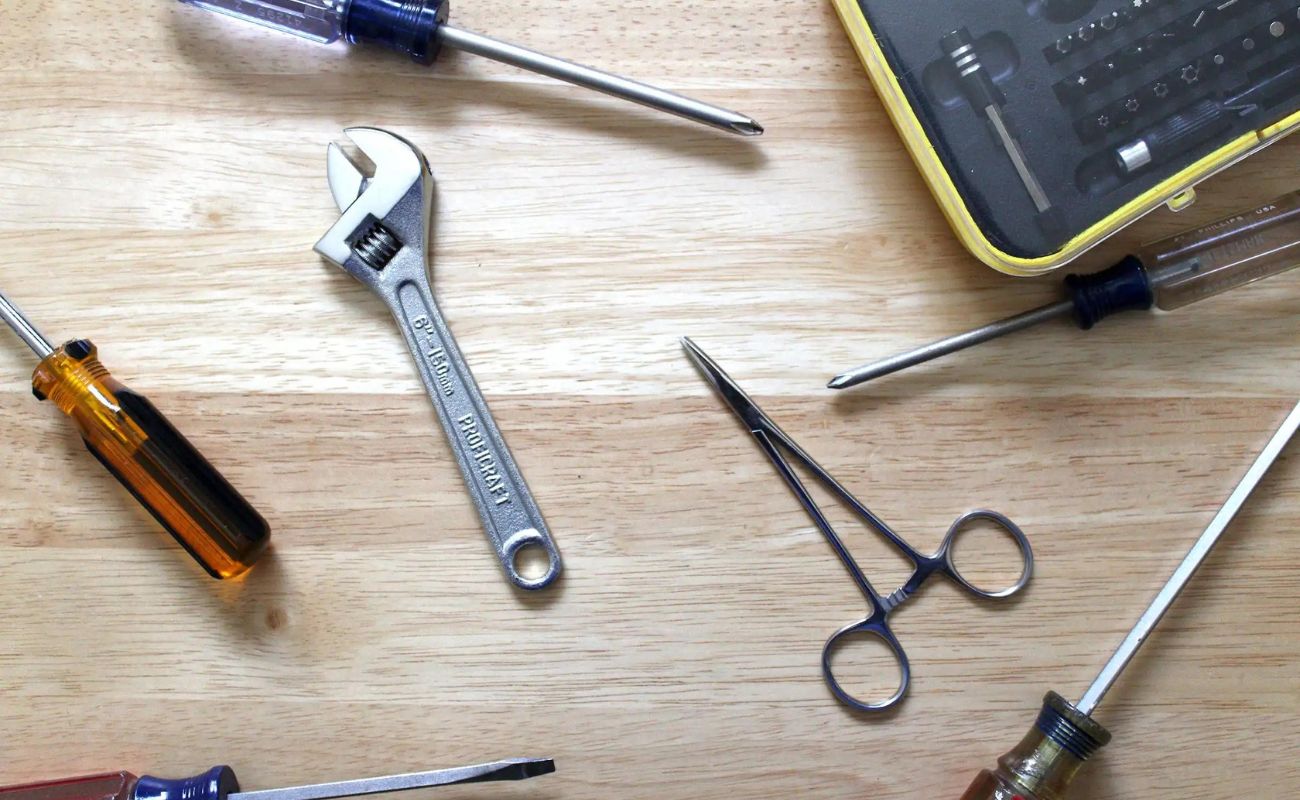
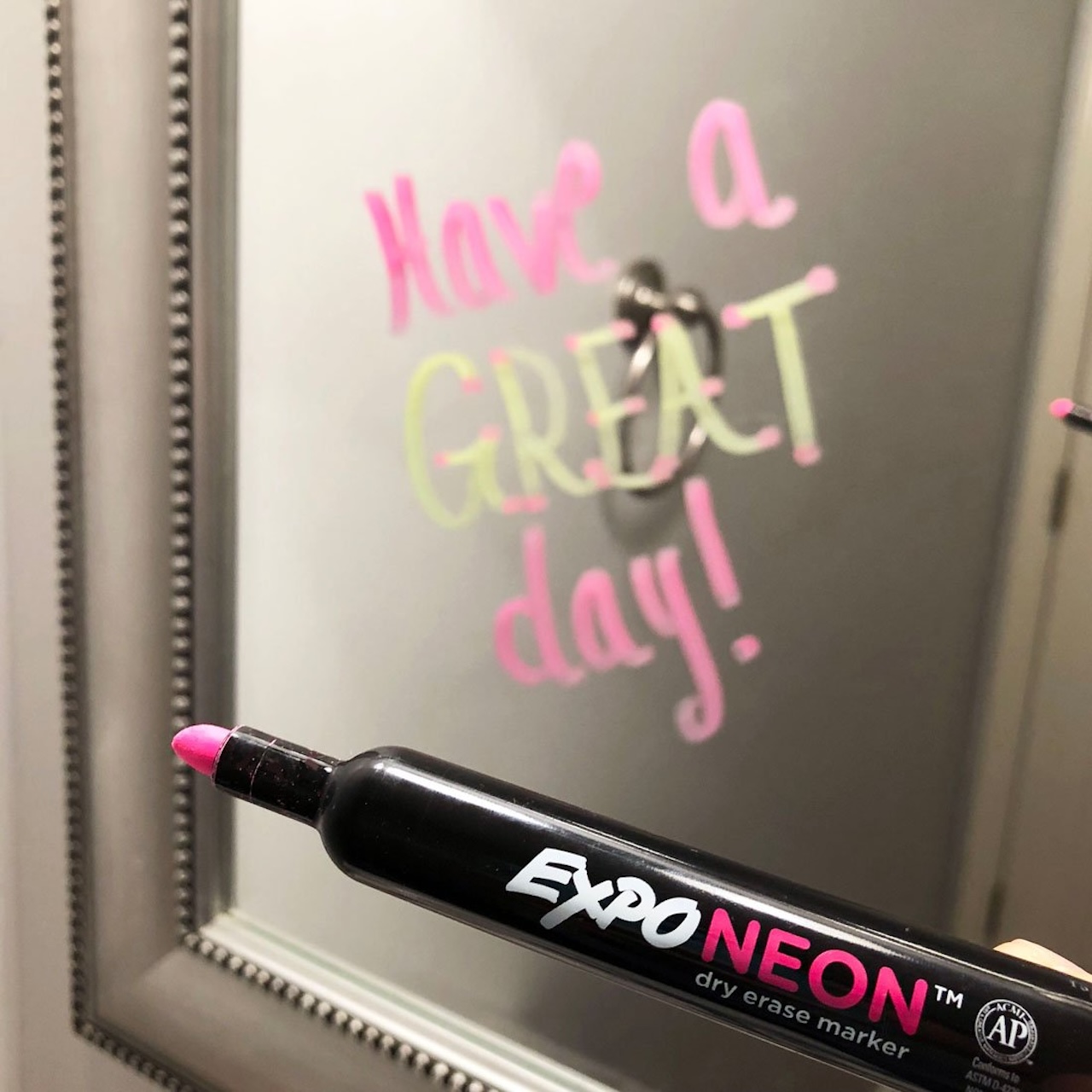
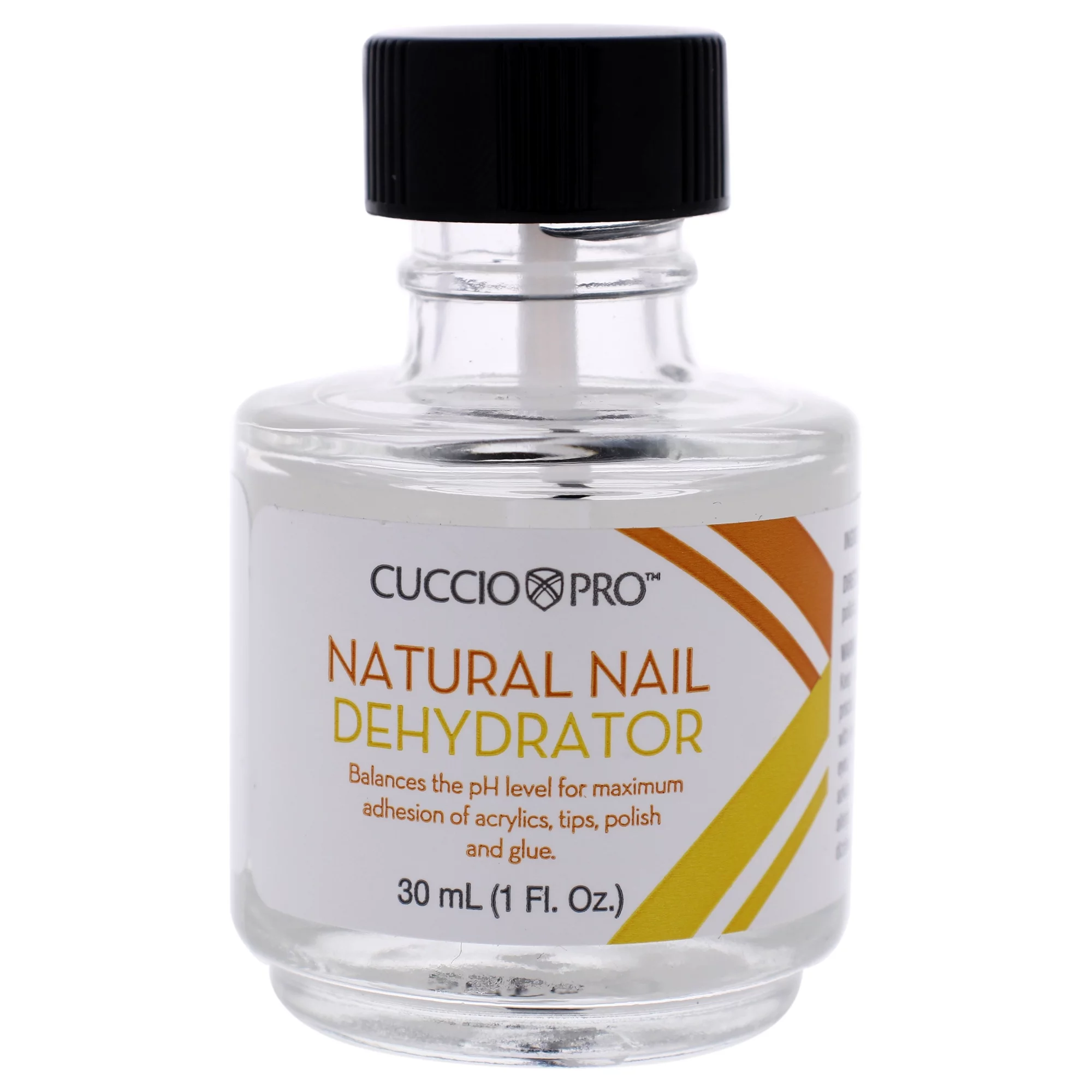
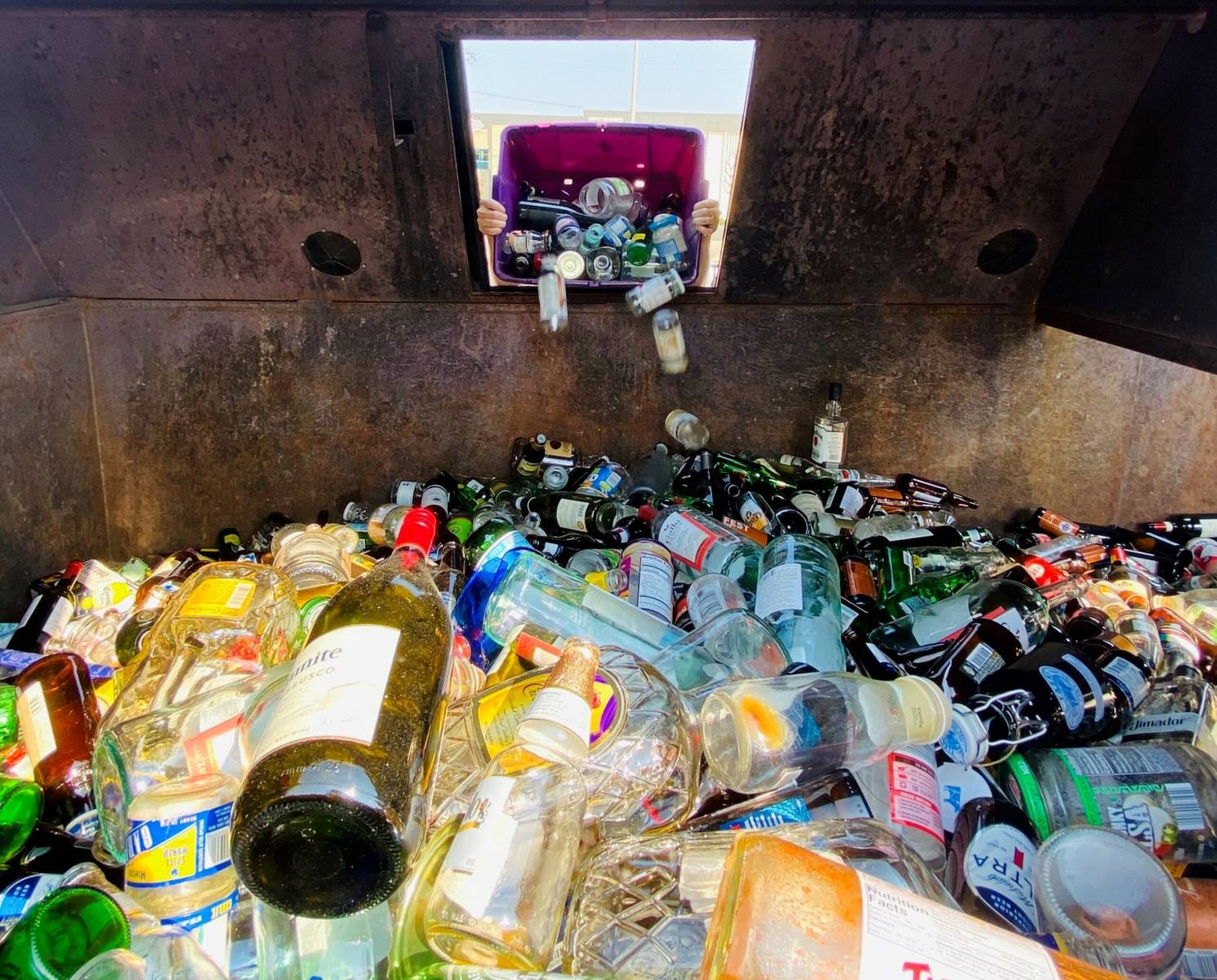
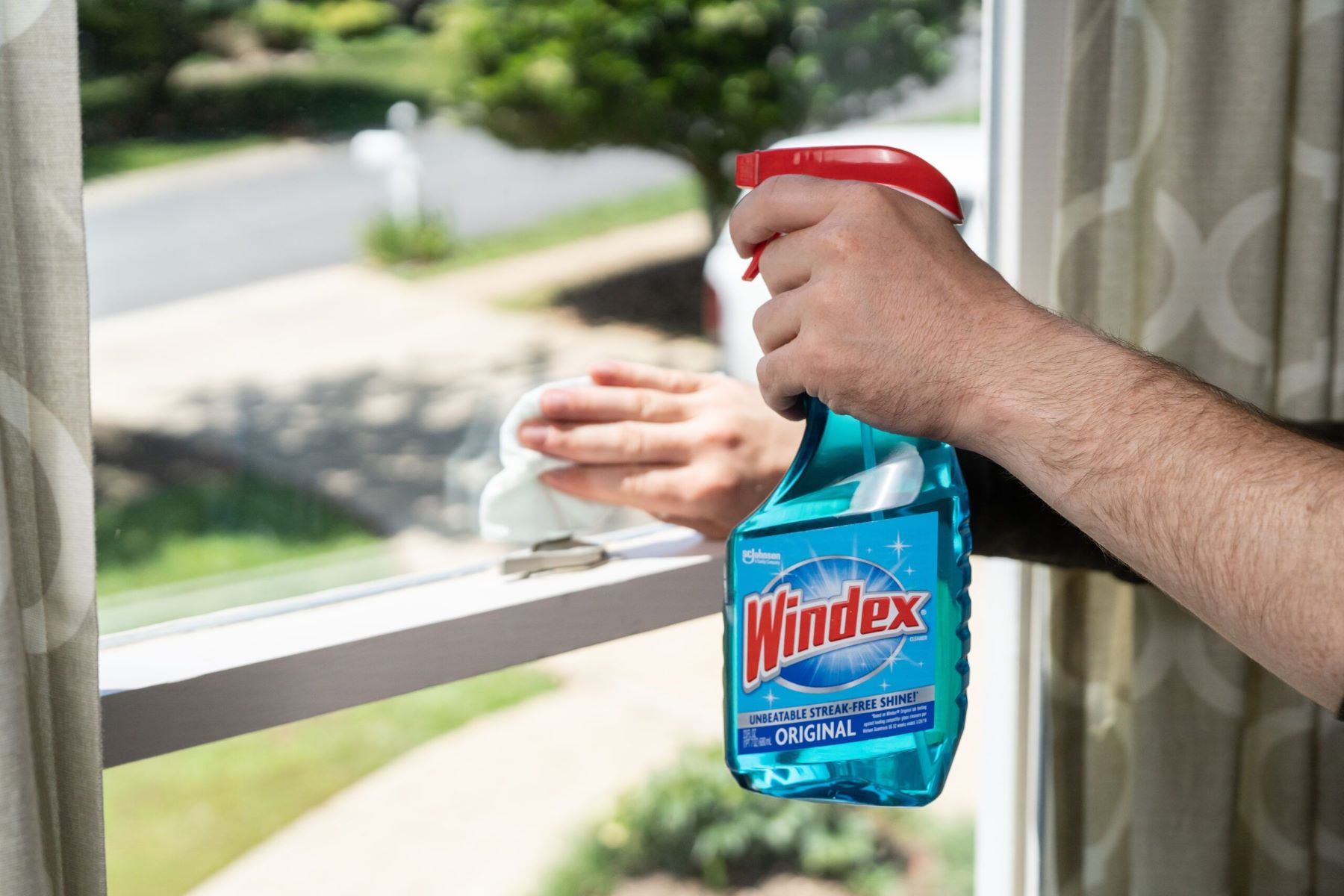

0 thoughts on “What Can You Use As Glass Cleaner”